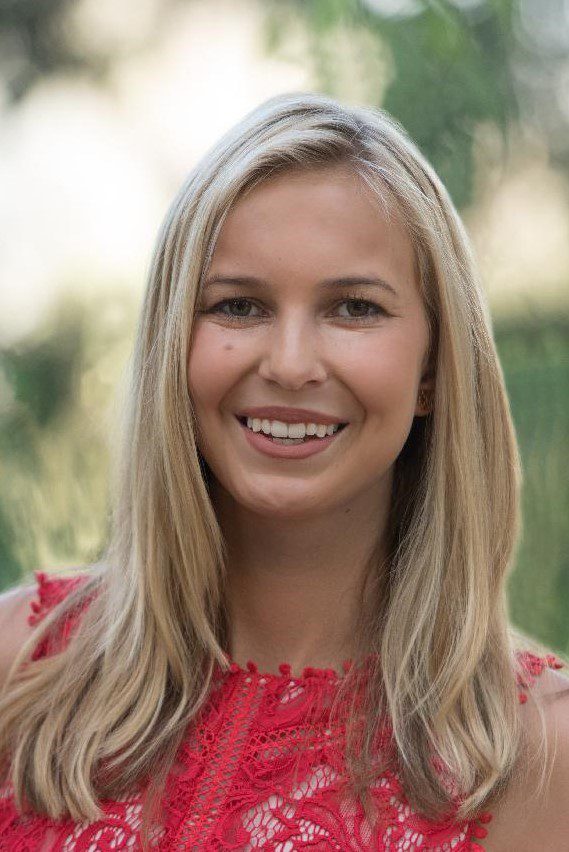Helping Seniors with Housing, Health Challenges Had an 'Immense Human Impact’ for 3L Riley O’Connell

Third-year law student Riley O’Connell helped low-income seniors with estate planning, public benefits, housing issues, and other legal challenges.
Third-year law student Riley O’Connell discusses her work through the Medical Legal Partnership for Seniors (MLPS) Clinic, in which students help low-income seniors navigate complex challenges.
- Assisted elderly clients with estate planning, healthcare directives, and housing issues with UC Law SF’s Medical Legal Partnership for Seniors Clinic.
- Collaborated with healthcare professionals, social workers, and veterans’ organizations.
- Inspired to reconsider what legal success means and consider career paths that combine professional growth with meaningful client advocacy.
3L Riley O’Connell:
The most meaningful part of the MLPS Clinic was witnessing the immense human impact of legal advocacy.
In the clinic, I worked closely with elderly clients, assisting them with a wide range of legal issues, including estate planning, public benefits, medical and housing concerns. One client—a bed-bound man facing housing instability—needed help preparing end-of-life documents and relocating to a safer environment. My partner and I worked with VA doctors, social workers, and elder abuse organizations to support him. We also helped reconnect him with family members he hadn’t seen in years.
Although he passed away before all the legal proceedings were done, his family told us that our work brought him comfort and joy in his final days. Working directly with clients and seeing the tangible impact of our efforts was incredibly rewarding.
I was able to have a direct impact on clients’ lives by drafting crucial legal documents like wills, advance health care directives, and durable powers of attorney for finances. In one case, I assisted a woman diagnosed with dementia and her son, carefully assessing her mental capacity and ensuring she understood and consented to each legal decision. This provided them with peace of mind about her future care.
Beyond individual cases, I learned how to navigate complex, interdisciplinary challenges by collaborating with healthcare professionals, social workers, and nonprofit organizations to provide holistic support for clients facing legal, medical, and personal challenges.
Before this clinic, I envisioned a traditional legal career in corporate law, focused on transactional work at a large firm. My MLPS experience challenged that notion. Seeing the direct and positive effect of our work on clients’ lives made me reconsider what fulfillment in a legal career truly means.
Now, I am more open to exploring client-facing practice areas and other fields that emphasize advocacy and direct service. I am considering career paths that allow me to balance professional achievement with meaningful, client-centered work.
The Evidence of Success series highlights UC Law SF students as they share how the college’s opportunities equip them with the experience, skills, and confidence to excel in the legal profession.